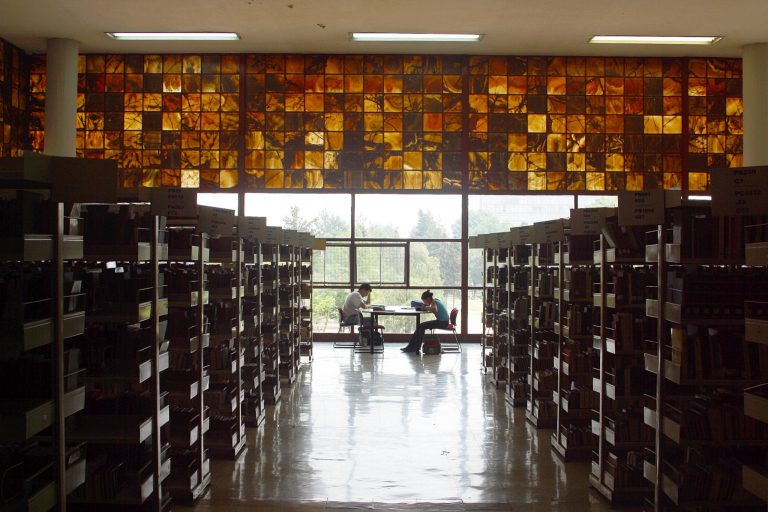
The recently published THE BRICS & Emerging Economies Rankings 2016 has reinforced China’s position as a competitive juggernaut in the global higher education sector, but this year’s top 200 has also seen the debut of 16 brand new countries.
The THE World University Rankings are the only global performance tables that judge research-intensive universities across all their core missions: teaching, research, knowledge transfer and international outlook.
This particular ranking demonstrates the leading research-intensive institutions from the BRICS nations – Brazil, Russia, India, China and South Africa – and all other regions which the FTSE defines as “advanced emerging”, “secondary emerging” or “frontier economies”.
Out now! THE BRICS & Emerging Economies Rankings 2016. #bricsus Top 200: https://t.co/jJFVuHaOWm pic.twitter.com/zdzTYsHfOh
— Phil Baty (@Phil_Baty) December 2, 2015
This year, 48 countries were eligible for inclusion in the top 200 table, with 35 countries making it overall. Last year, THE BRICS ranked the top 100 positions, and only 18 countries in total made it to the list.
China has remained a dominant force in the rankings, with 39 representations in the extended list. For the third year running, Peking University and Tsinghua University snagged the top two spots, while the University of Science and Technology of China, Zhejiang University and Shanghai Jiao Tong University came in seventh, eighth and tenth.
The rankings of these five institutions meant China claimed five of the top ten ranked positions.
Global: China rapidly closing the gap on top global universities — THE Brics rankings. https://t.co/w4UMhHE49I #highered #China #THErankings
— UniversityWorldNews (@uniworldnews) December 3, 2015
Brazil was represented by 14 institutions, including the University of São Paulo which ranked ninth place on the table. Fifteen Russian institutions also made the cut, achieving third place with Lomonosov Moscow State University.
India comes in behind China and Taiwan as the third most represented country in the rankings, but is the only BRICS region not to have an institution in the top ten. The Indian Institute of Science made it to 16th place, however, and represents the elite of its nation.
South Africa is represented by just six institutions, but is the only country other than China to hold multiple places in the top ten, including the University of Cape Town in fourth and the University of Witwatersrand in sixth.
16 Indian institutes among top 200 universities, IISc at 16th position https://t.co/2RkFguOteB via EconomicTimes
— Amit Kishore (@AmitKishore) December 2, 2015
The National Autonomous University of Mexico was the highest ranked Latin American Institution, claiming 23rd position, highlighting the improvements in the world’s emerging markets. The Czech Republic also has five institutions in the top 100, a sign of progression considering last year the region only had two that made the grade.
Overall, 35 countries made it to THE’s prestigious top 200; including 16 countries that have never featured before. Greece, for example, made an impressive debut with the University of Crete claiming 33rd position; Qatar claimed 90th with Qatar University; Romania made the list with Babeş-Bolyai University in 97th; the University of Nairobi put Kenya on the list in 174th position; and Nigeria came in 193rd with the University of Ibadan.
“The production of new knowledge should not be the preserve of the rich and powerful countries of the world,” said Max Price, vice-chancellor of the University of Cape Town, in a mission statement for the 2012 THE BRICS Rankings.
All countries included in BRICS top 200. Only 13 eligible countries didn’t make the cut https://t.co/cTiklsZ5Kx pic.twitter.com/FfS0CgMda6
— Times Higher Student (@THEUniAdvice) December 3, 2015
“In a globalised economy, if a country cannot integrate reasonably competitively into global systems of trade, finance, communications and data, production, quality assurance and global markets, it cannot develop,” wrote Price. “If a developing country is not independently competent to advocate its position in global policy debates…it will not be able to protect and promote its interest.”
As THE points out, this exactly what the rankings represent. As the global higher education sector both progresses and internationalises, increasing numbers of universities are capitalising on the social and economic profits gained from universities that are globally competitive.
In order to attract the most talented and ambitious students, these institutions are in need of data analysis, such as the THE Rankings, to compare their developments against reputable global standards.
Read the full THE BRICS & Emerging Economies Rankings 2016.
Image via Shutterstock.
Liked this? Then you’ll love these…
UK THE Awards: Who Came Out On Top?
World University Rankings for Engineering and Technology 2015-16 Announced







